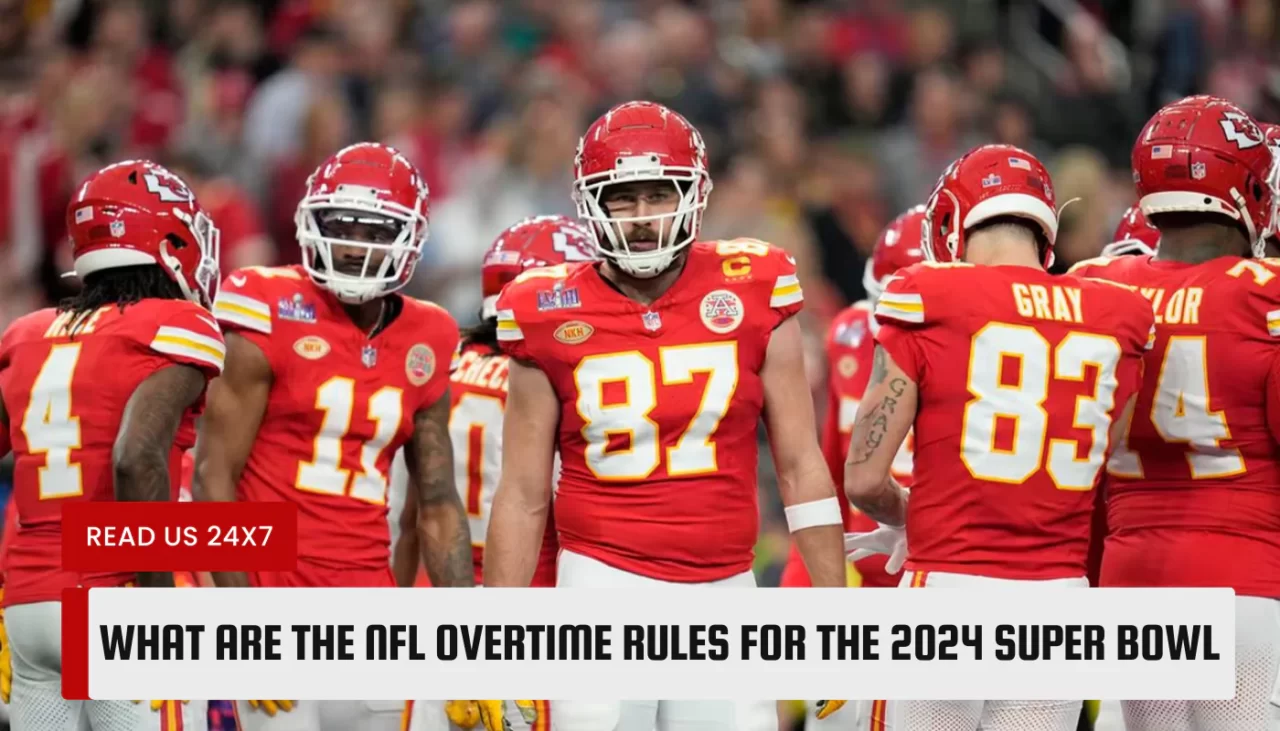Overtime is the extra period of play that happens when a game ends in a tie after the regular time. In the Super Bowl, the most important game of the NFL season, overtime can be very exciting and dramatic. But how does it work? What are the rules that decide which team wins the game? In this article, we will explain the overtime rules for the Super Bowl, how they have changed over time, and how they could affect the strategy of the teams in future games.
Understanding the NFL Overtime Rules
The NFL overtime rules are different from the regular season and the postseason. In the regular season, each team gets one possession to score, unless the first team scores a touchdown or a safety on its first possession. If the score is still tied after both teams have had a chance to score, the game ends in a tie. However, in the postseason, there are no tie games. The game continues until one team scores and wins.
The NFL overtime rules are designed to give both teams a fair chance to win the game. Here are some key points to remember:
- Both teams have a chance to score. The team that wins the coin toss can choose to receive the ball or defer to the other team. The team that receives the ball has the first chance to score. However, if they fail to score, or only score a field goal, the other team gets a chance to score as well. The game continues until one team scores more points than the other.
- Scoring on first possession does not automatically end game. Unlike the regular season, scoring a field goal on the first possession does not end the game in the postseason. The other team still has a chance to score and tie or win the game. However, scoring a touchdown or a safety on the first possession does end the game, as the other team cannot match or exceed the score.
- Tie games are still possible. Although rare, tie games can still happen in the postseason. If both teams score the same number of points in the first overtime period, which lasts 10 minutes, the game goes to a second overtime period. The second overtime period follows the same rules as the first one, except that the team that lost the coin toss in the first overtime gets to choose in the second one. The game continues until one team scores more points than the other, or until the end of the fourth overtime period. If the score is still tied after four overtime periods, the game ends in a tie.
Changes in Overtime Rules for the 2024 Super Bowl
The NFL overtime rules have changed several times over the years, mostly in response to some controversial outcomes in previous games. The most recent change was announced in 2023, and will take effect in the 2024 Super Bowl. The change affects the postseason overtime rules, and aims to make the game more fair and exciting. Here are the main features of the new rules:
- Postseason overtime rules. The new rules apply only to the postseason, not the regular season. The regular season overtime rules remain the same as before.
- Implementation motivated by past controversies. The new rules were implemented after some fans and experts complained that the previous rules gave too much advantage to the team that won the coin toss, and did not allow enough opportunities for both teams to showcase their offense and defense. The new rules were inspired by some of the most memorable overtime games in NFL history, such as the 2019 AFC Championship Game between the New England Patriots and the Kansas City Chiefs, and the 2018 NFC Championship Game between the Los Angeles Rams and the New Orleans Saints.
How the New Rules Could Affect Strategy in Future Super Bowls
The new overtime rules could have a significant impact on the strategy and outcome of future Super Bowls. Here are some possible scenarios and implications:
- Importance of coin toss. The coin toss is still very important, as it gives the team that wins it the first choice of receiving or deferring the ball. However, the choice is not as obvious as before, as there are pros and cons to both options. Receiving the ball gives the team the first chance to score, but also puts more pressure on them to score a touchdown or a safety, as a field goal would not end the game. Deferring the ball gives the team the chance to see what the other team does, and adjust their strategy accordingly, but also risks giving up the momentum and the initiative to the other team.
- Possibility of tie games. The new rules make tie games more likely, as both teams have more chances to score and match each other’s points. Tie games are rare, but not impossible, as shown by the 2017 Super Bowl between the Atlanta Falcons and the New England Patriots, which was the first and only Super Bowl to go to overtime. Tie games could create more drama and suspense, but also more frustration and controversy, as some fans and players might feel unsatisfied with the result.
Conclusion
Overtime is one of the most exciting and unpredictable aspects of the NFL, especially in the Super Bowl. The overtime rules have changed over time, and will change again in the 2024 Super Bowl, to make the game more fair and thrilling. The new rules could affect the strategy and outcome of future games, and create more opportunities for both teams to win or lose the game. Overtime is a test of skill, luck, and endurance, and a showcase of the best that the NFL has to offer.


